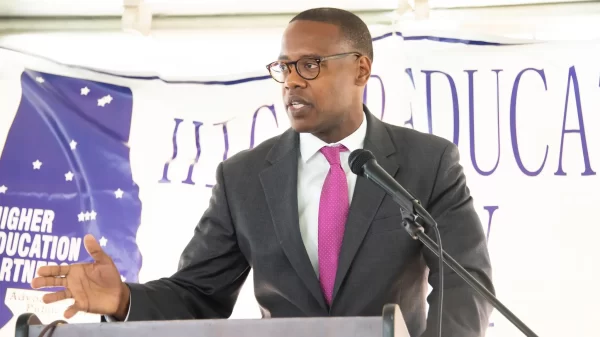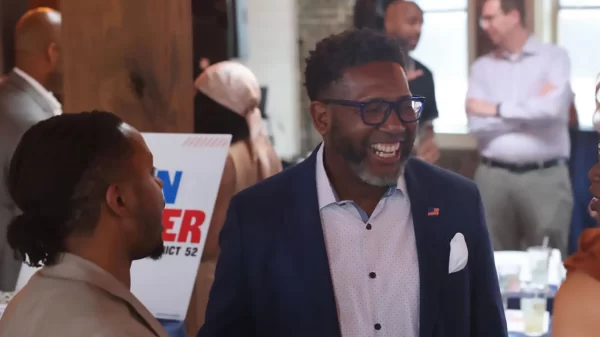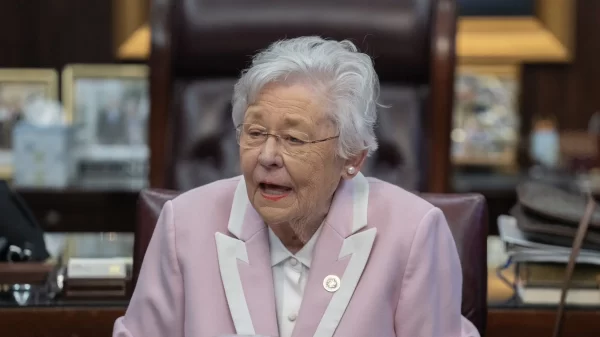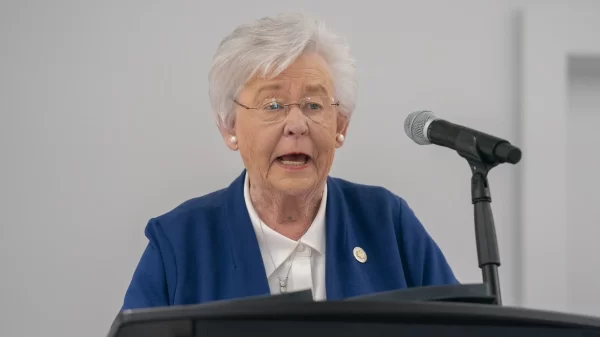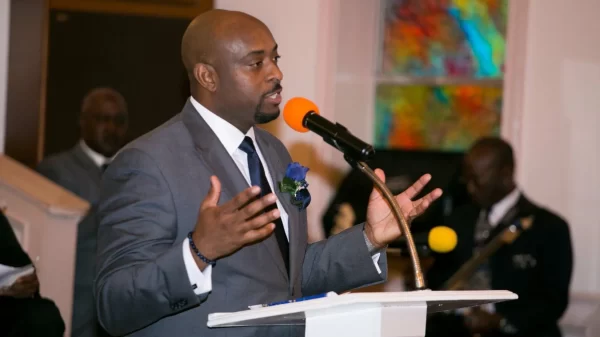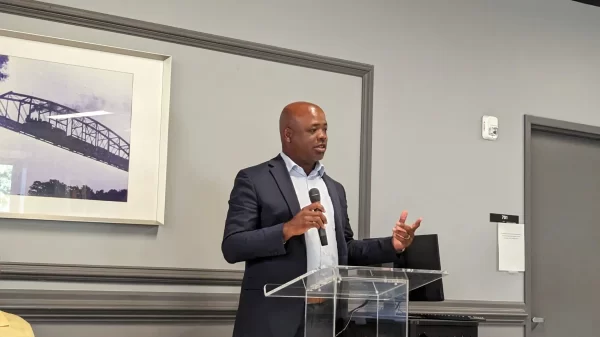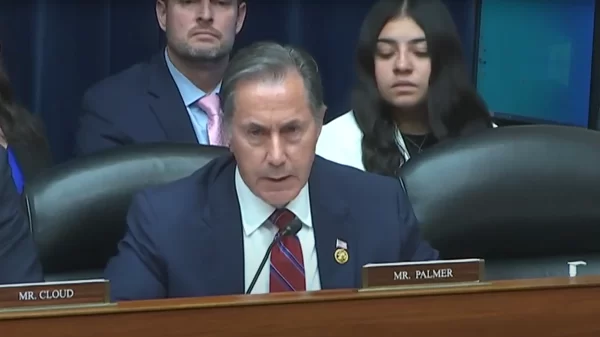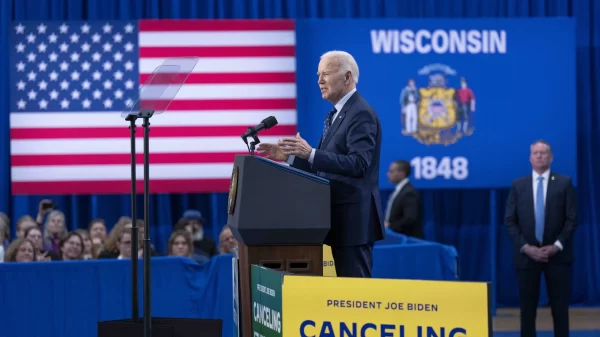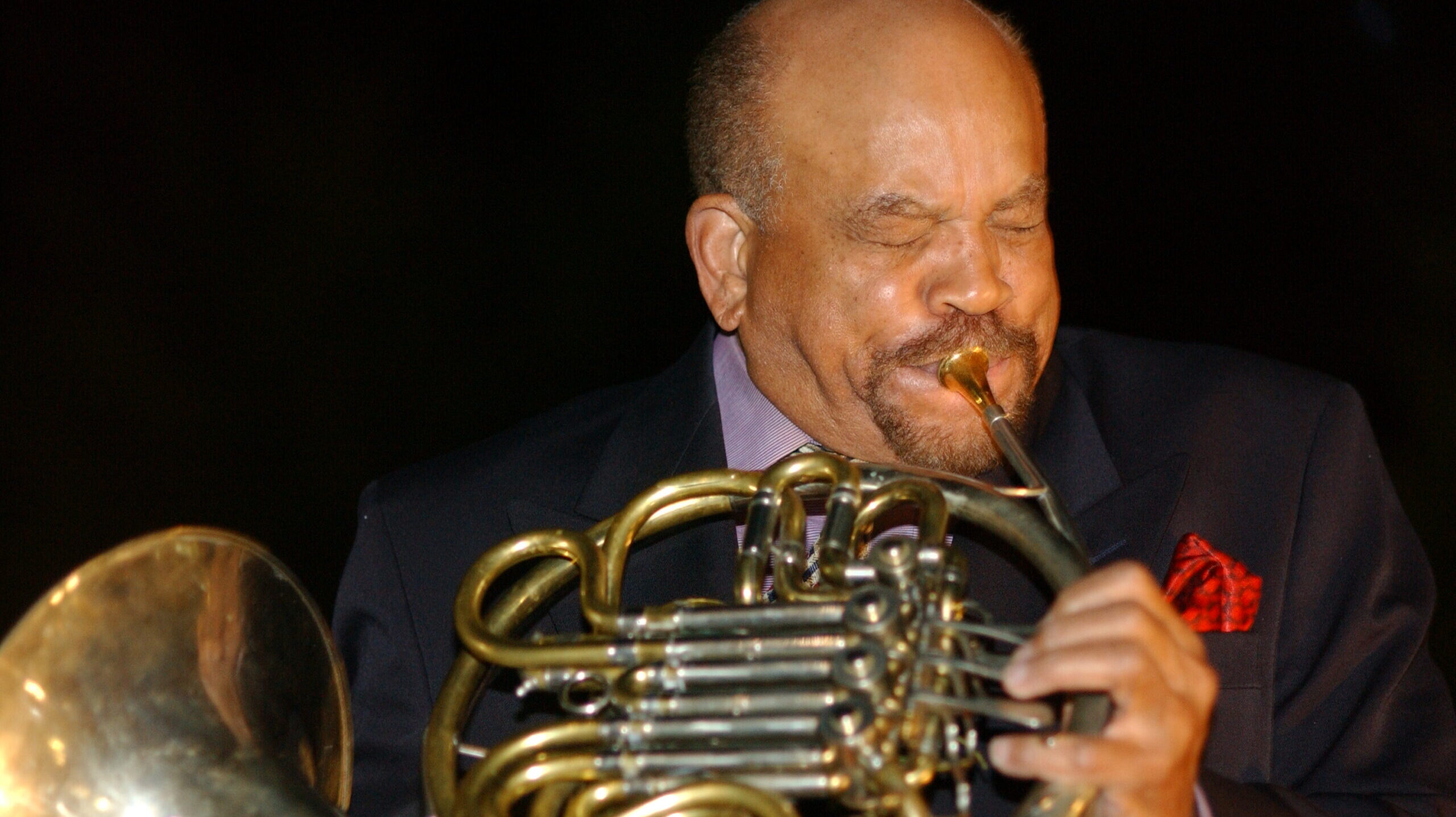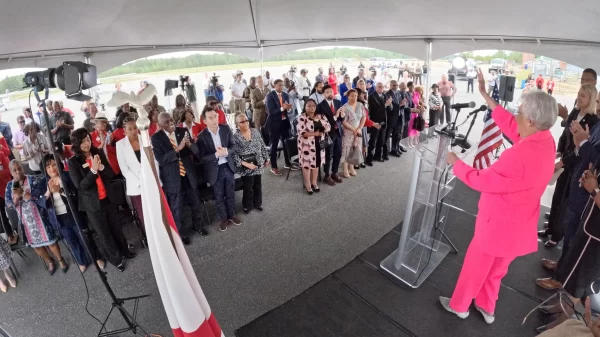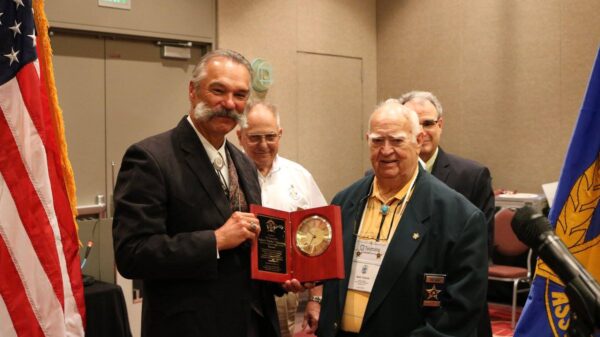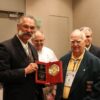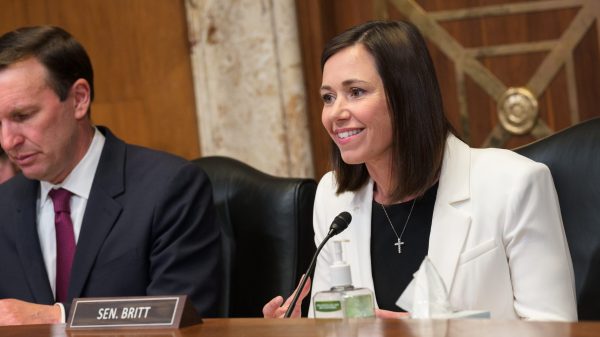|
Getting your Trinity Audio player ready...
|
Normally I write about politics and related topics, but please allow me this deviation. Alabama lost a humble, legendary genius on Christmas Eve. Willie Ruff is his name, and we were friends.
I had the pleasure of meeting Willie over 30 years ago when I was a host and producer at WLRH-FM, Huntsville’s flagship NPR station. We kept in touch sparingly through the years, but each conversation or encounter was meaningful.
Willie was famous in academic and jazz circles. He taught in the school of music at his alma mater, Yale University, for 46 years, commuting between New Haven, Conn., and his Alabama home in Killen.
Decades before his tenure at Yale, Willie had become a professor of living life. Some Hollywood producer should turn his autobiography “A Call to Assembly” into a movie.
Willie grew up in Sheffield, but moved up to Evansville, Indiana as a child to live with his father. By 14, he was already playing the drums and piano but decided to join the Army to improve his chances at becoming a professional musician. Willie forged his father’s signature on the paperwork to enlist, getting his blessing only hours before he got on the Army bus to leave.
Two years later, Willie joined the 766 Army Air Corps band in Columbus, Ohio, which put him on the same base as the famous Tuskegee Airmen. While there, he met his life-long musical partner, pianist Ivory “Dwike” Mitchell. After their stints in the Army, Willie and “Dwike” – what a cool nickname for a musician – formed the Mitchell-Ruff Duo, often opening shows for Louis Armstrong, Duke Ellington, Miles Davis, Count Basie, Sarah Vaughn, Dizzy Gillespie, and others. By then Willie’s instruments of choice were the French horn and the double or upright bass.
My bond with Willie was sealed when we met in the late 1980s at WLRH. With exuberance, he told me about hearing the Oakwood College Aeolians on the radio and driving from the Shoals to Huntsville to learn more about this amazing choir. I burst with pride as a proud Oakwood alumnus and was fascinated as he shared the musical motivation for his spontaneous road trip.
It wasn’t just that the Aeolians, then led by the iconic Alma “Ma” Blackmon, were an awesome choir. It was that they were preserving the art of four-part choral harmony. Willie told me that this musical configuration was disappearing in the Black community, largely because church choirs were shifting to three-part harmonic arrangements.
That may have been my first look at Willie the ethnomusicologist. What I didn’t know was that there was much more to come. Willie researched other fascinating connections between music and culture, including his study of the connections between African American spirituals, Native American musical traditions, and Psalm singing in the Scottish Hebrides. During a trip to Central African Republic, he found rhythmic connections between rural Pygmy tribes, jazz drumming and the African-American hambone.
Willie Ruff was a fascinating man. Every opportunity to talk with him was an adventure, including our interview that helped me create this NPR story about Lift Every Voice and Sing, also known as the Black National Anthem.
The last time I saw Willie was at the W.C. Handy Festival, probably in the early 2000s, when Take 6 headlined it. Because the 10-time Grammy winners and I have been friends for years and shared a connection with Oakwood College (now University), Willie recommended that I introduce them. I chatted with Willie before going backstage to hang with the guys. He was as charming as always.
I’m told Willie died in a place I know he loved, his rustic home in the woods of Killen. He had me meet him there once. It was a fascinating combination of wood-and-stone, more hunting lodge than house. I think he said he did a lot of the construction himself.
I’ll always remember Willie’s bright, impish smile and laugh. Bursting with energy and curiosity. He was 92 when he died, but I suspect he was actually 92 going on 22 – forever young.

